A Relationship Imbalance, Not A Chemical Imbalance
Mad in America
JUNE 10, 2025
A s a family therapist, well-trained in the 1980s, I came of age professionally with an understanding of how symptoms of mental distress occur, and ways to address it. What most people don’t know is that we already found out a great deal about the causes of mental disturbance—but now we seem to have forgotten it.

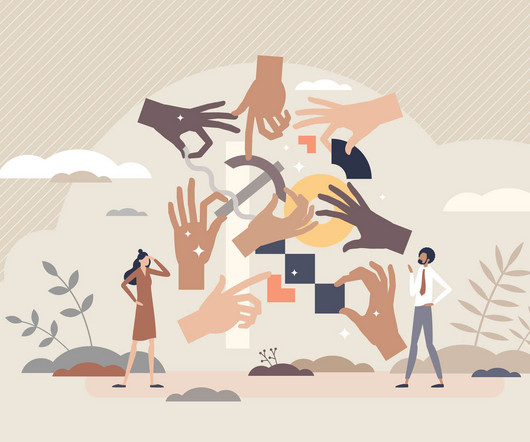
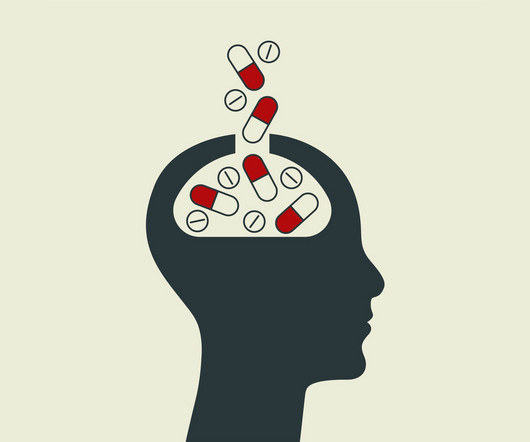
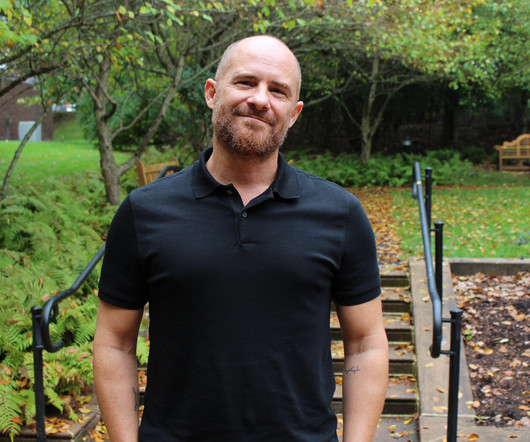
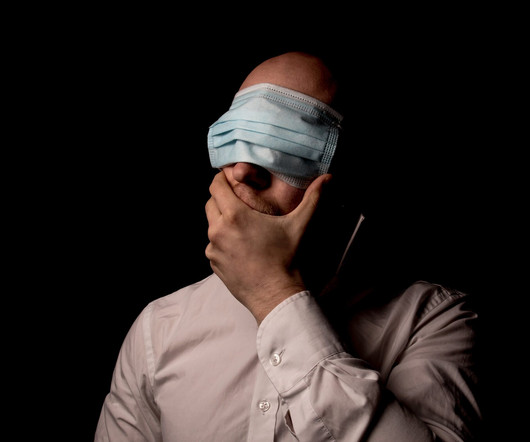
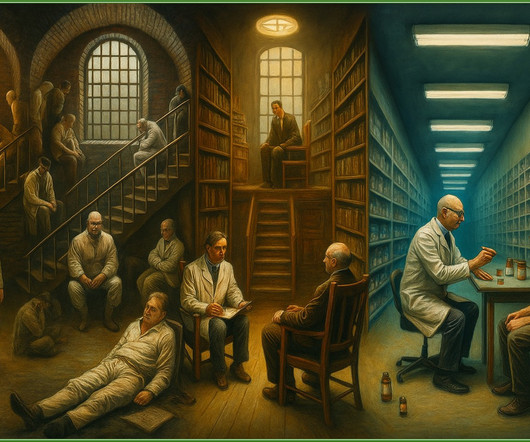



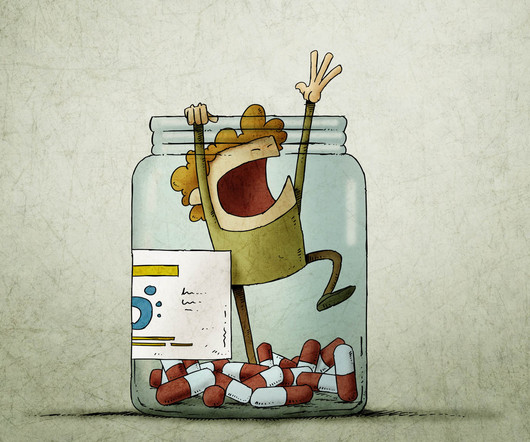







Let's personalize your content